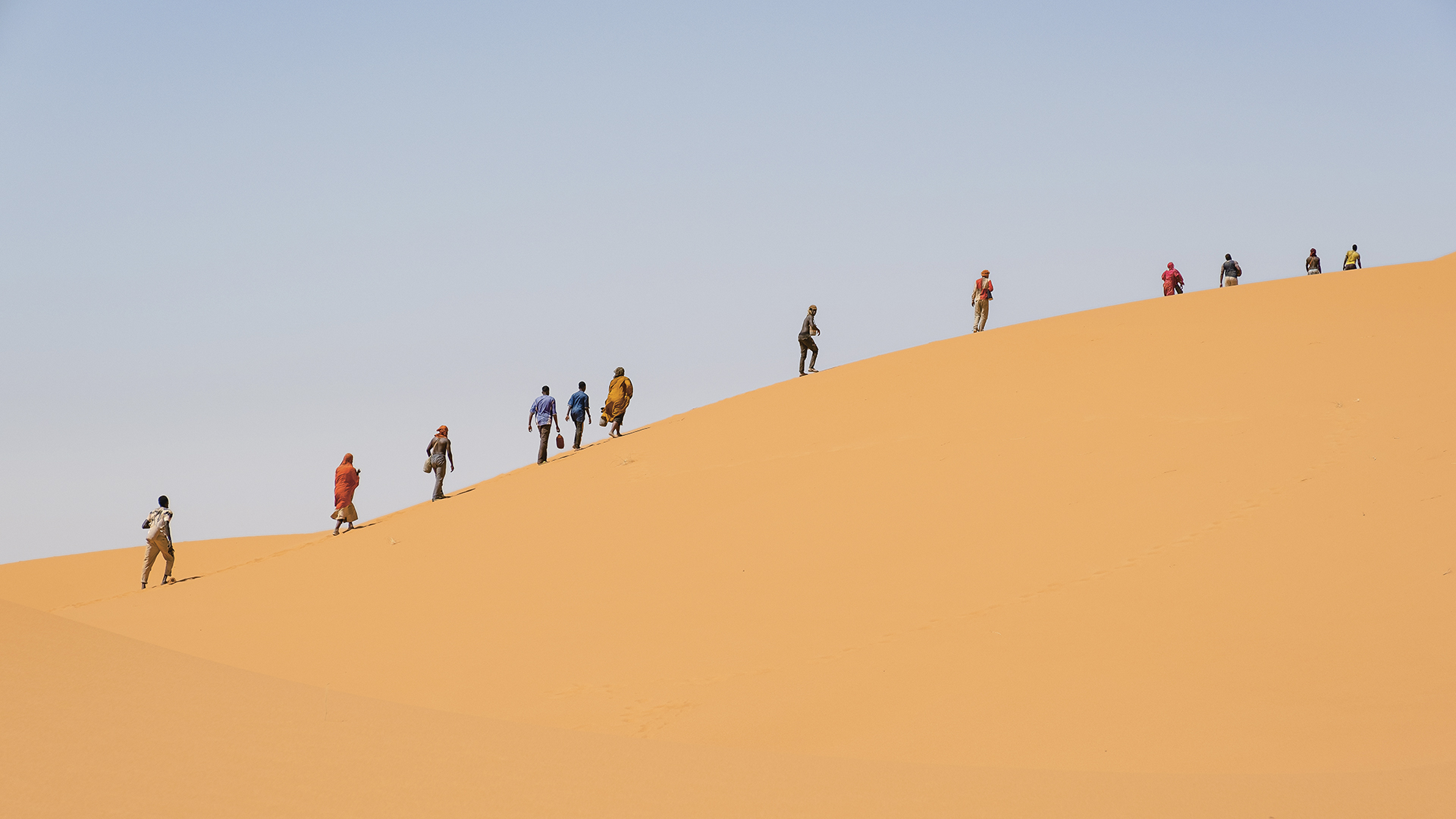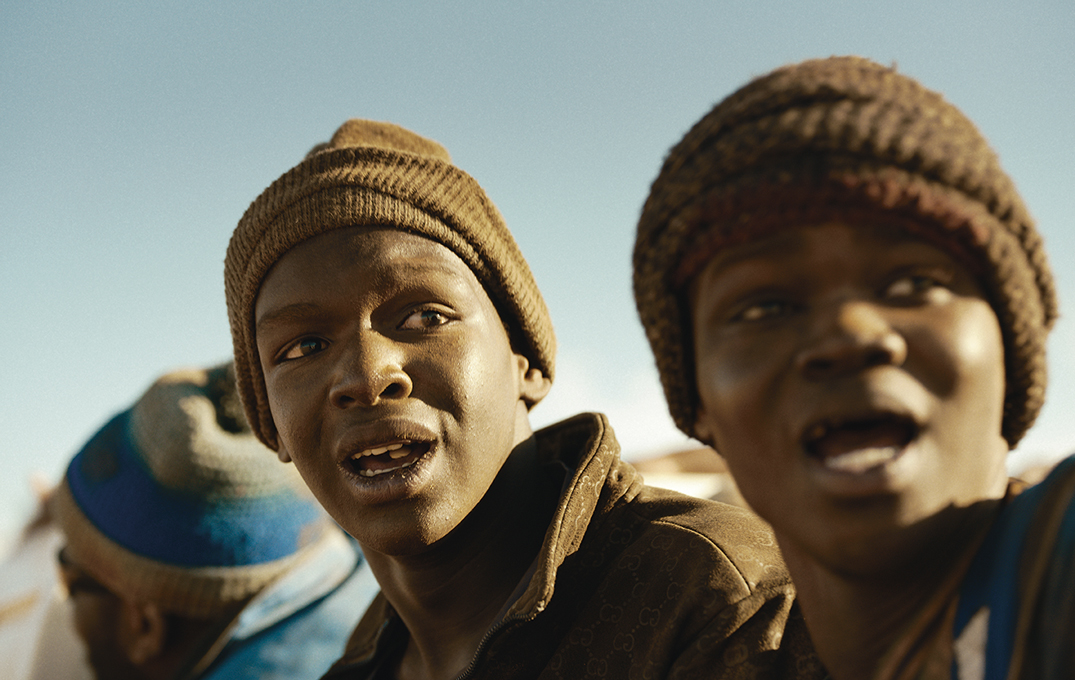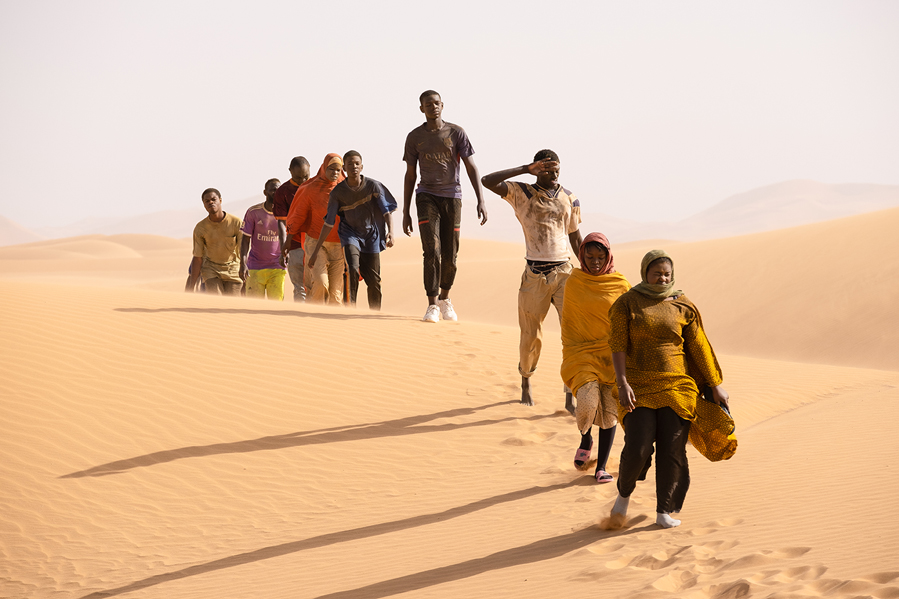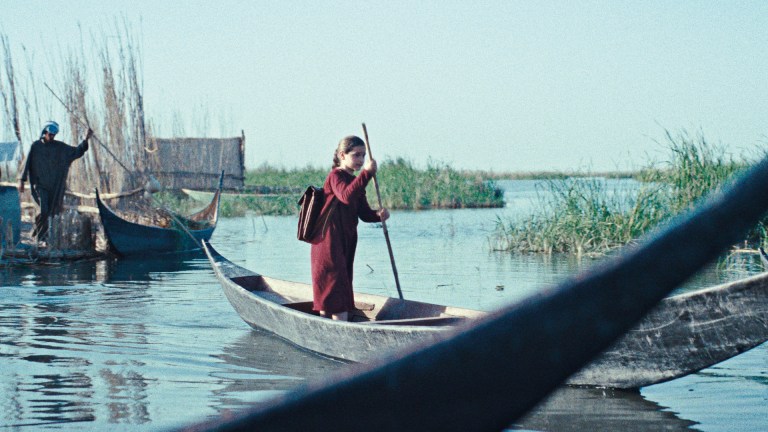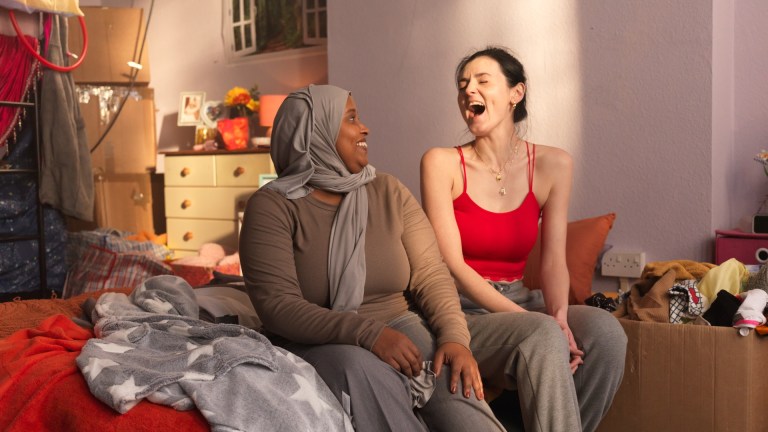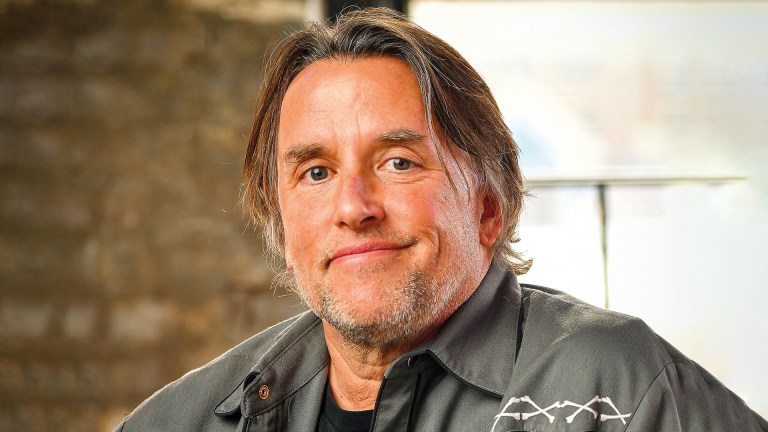Last year was the deadliest ever for migrants, with almost 8,600 people dying worldwide. At least 3,129 people were lost crossing the Mediterranean, according to the United Nations’ International Organisation for Migration. As broken-record Rishi Sunak repeats “stop the boats” with increasing desperation, Europe seems powerless in the face of the crisis.
Repressive tactics have proven not only callous, but ineffectual. Can the Oscar-nominated drama Io Capitano change minds where arrests, the threat of deportation to Rwanda and the risk of death has not?
The film’s director, Matteo Garrone (known for 2008 mafia film Gomorrah and his 2019 live-action adaptation of Pinocchio), and script consultant Mamadou Kouassi certainly hope so. Io Capitano tells the story of Seydou and Moussa, two naïve teenage boys who leave Senegal with dreams of adventure and music stardom in Europe, only to face extreme peril and brutal violence as they cross Africa.
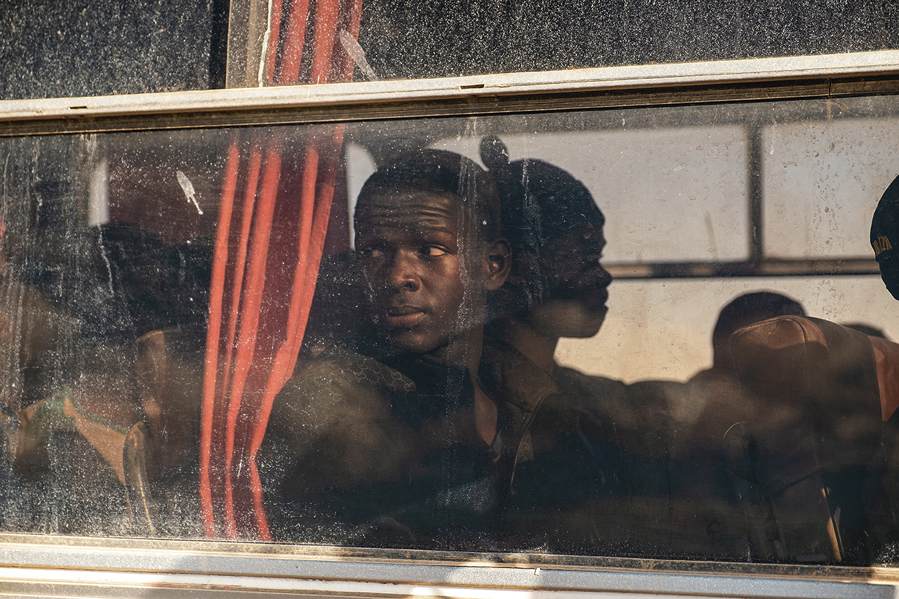
It’s an antidote to the Eurocentric view of migration that only starts with boats on the Mediterranean – but Garrone and Kouassi want to do more than change minds on these shores. This month, they’re traveling the roads of Senegal on an unprecedented tour to put on free screenings in the communities of the real-life Seydou and Moussa. They’re banking on education rather than intimidation.
“If I had seen this movie before I left my country 20 years ago, maybe I would have had the awareness to say, it is dangerous to go through the desert, to go through Libya. It is better to stay in my country,” says Kouassi. “We know in the last 10 years, 30,000 people died in the Mediterranean Sea. We don’t even know the number of people who died in the desert.”
Acutely aware of his status as a European, Garrone knew it was vital to work closely with people like Kouassi, who had first-hand experience. “I was very worried about the fact that I’m not African,” admits the Italian filmmaker. “I realised from the first moment that if I was to make this movie, it was fundamental to make it with the real migrants. For them, it was very important to finally show to the world what it means to make this journey. Because often they are not believed.”
